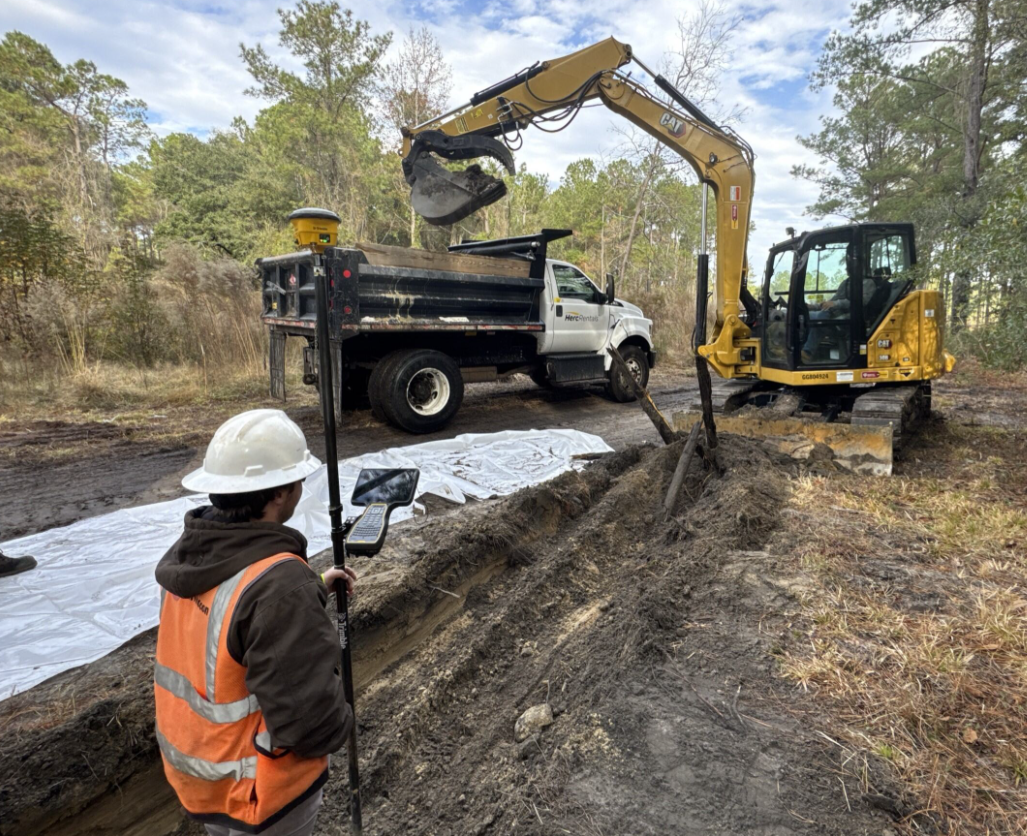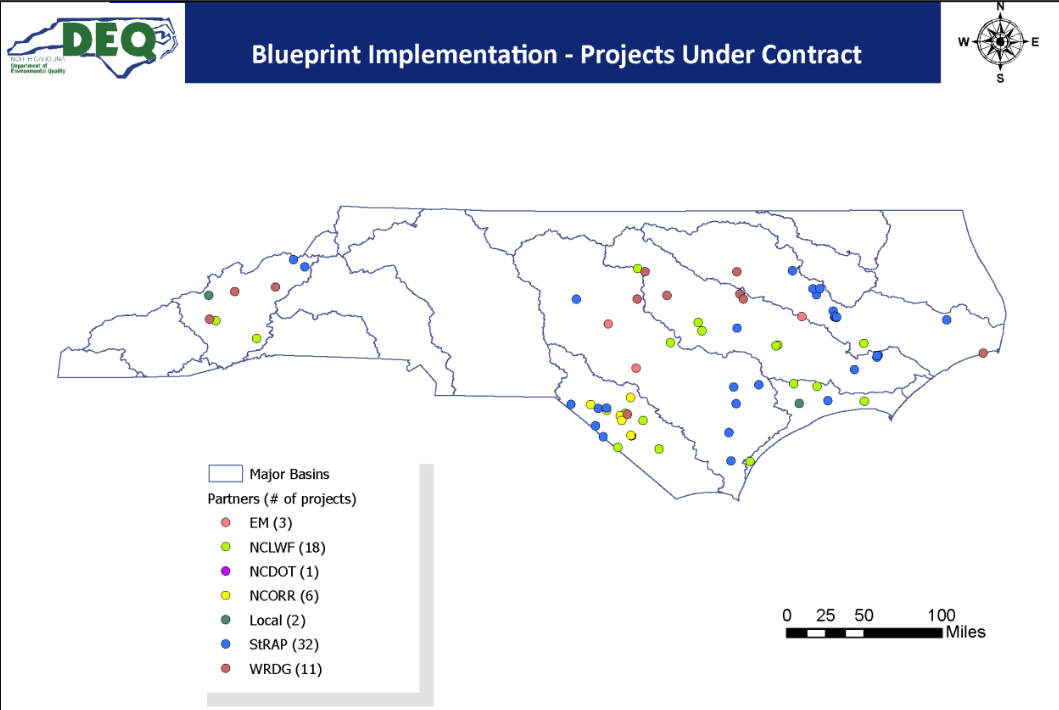Hurricane season begins next month and officials are encouraging residents to prepare now during National Hurricane Preparedness Week this week.
“North Carolina is prone to the impacts of hurricanes, tropical storms and other severe weather,” said Gov. Roy Cooper in a statement. “It’s important to be prepared by having a family emergency plan and emergency kit, which will help you to survive the impacts of a storm and recover faster.”
Supporter Spotlight
One step to being prepared for hurricane season, which is June 1 to Nov. 30, is to learn your predetermined evacuation zone if you reside in the 20 coastal counties. Type in your ZIP code at KnowYourZone.nc.gov to know your zone and when to evacuate.
Erik Heden, warning coordination meteorologist with the National Weather Service’s Morehead City office, reiterated in an email to emergency coordinators that, with the area’s susceptibility to tropical systems, preparation each and evert year is crucial.
“It only takes one storm to make an impact on our lives. Preparedness week is a way to reinforce what one should do to prepare for each hurricane season,” he said.
“While many of us have experience with hurricanes, we must remember people continue to relocate to our area each year and they may not have any experience with hurricanes,” he said. “We will continue to stress that any tropical system is dangerous and don’t focus on just the category but all five impacts that are possible with any tropical system.”
The Saffir-Simpson Scale is a wind scale that takes that uses wind only to estimate potential damage but does not does not take into account all impacts that a hurricane can produce, according to the weather service. Officials recommend paying attention to all five impacts from a storm, which are are storm surge, flooding, strong wind, tornadoes and rip currents.
Supporter Spotlight
Also, the National Weather Service has a weeklong campaign in place to help residents better prepare with each day devoted to a topic. For example, the topic for Sunday, the first day of Hurricane Preparedness Week, was to determine your risk. Visit the website to learn more.
The governor’s office encourages residents to develop an emergency plan and know where to stay should the need arise, and gather important documents, such as copy of driver’s license, insurance policies, medical records, and bank account information, and review and update homeowners or renters’ insurance policies to ensure they are current and include adequate coverage for your current situation.
“Being prepared also includes having flood insurance, which is not normally part of homeowner’s insurance policies,” said Will Ray, Director of North Carolina Emergency Management, in a statement. “It’s also important that we all look out for our neighbors, especially the elderly who may be more vulnerable.”
Also have on hand supplies to survive for a few days with little or no outside assistance. The kit should include enough nonperishable food and water to last each family member three to seven days as well as the following:
- First-aid kit.
- Weather radio and batteries.
- Prescription medicines.
- Sleeping bag or blankets.
- Changes of clothes.
- Hygiene items such as toothbrush, toothpaste, soap and deodorant.
- Cash.
- Pet supplies including food, water, bedding, leashes, muzzle and vaccination records.
- Face masks and hand-sanitizer.
To help mitigate damage before severe weather hits, trim trees, cover windows and secure loose items.
Residents should pay attention to weather and evacuation information from local news media and have a battery-powered radio in case there is a power outage. If asked to evacuate, residents should promptly follow evacuation instructions.
More information on emergency planning, preparedness and hurricanes is online at ReadyNC.gov.








